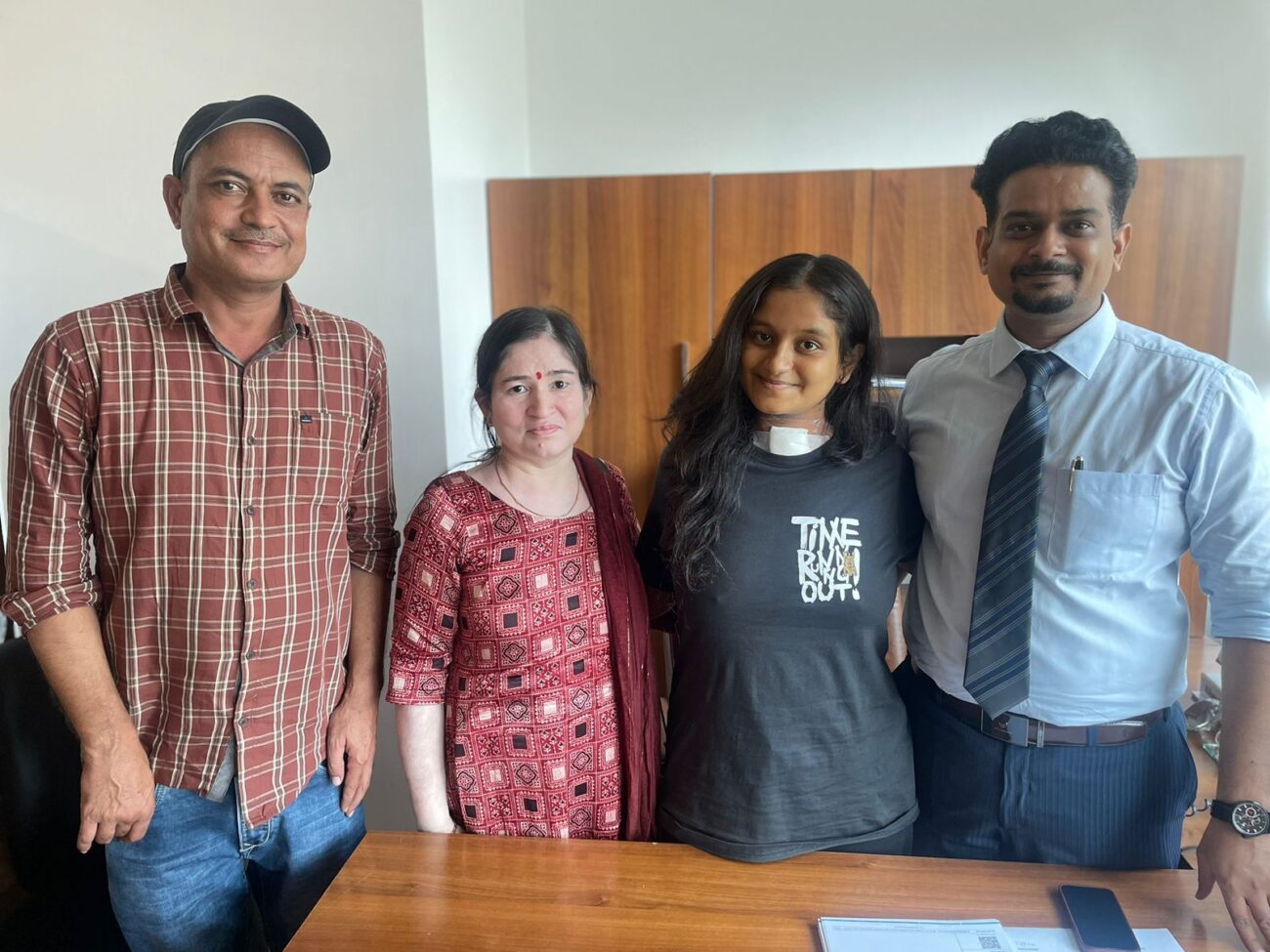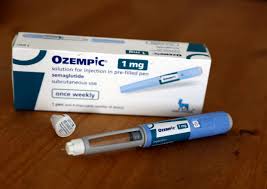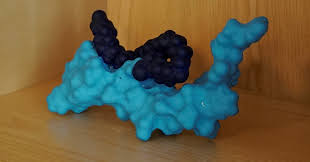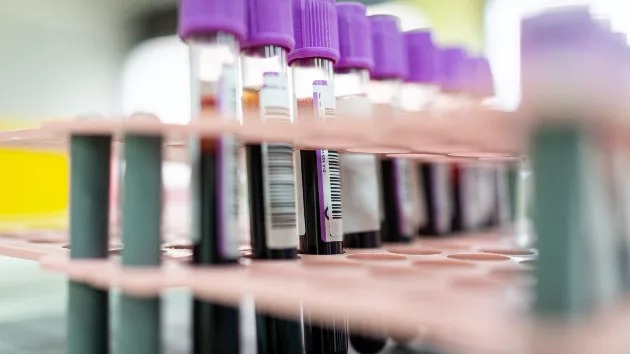A 19-year-old Girl with Acute Liver Failure was treated with CRRT at Global Hospitals, Parel.
The prevalence of acute liver failure in India is around 1-2%. Mortality in ALF is around 75% if not treated timely~ ~ The best chance of survival for such a patient is an urgent liver transplant to

The prevalence of acute liver failure in India is around 1-2%. Mortality in ALF is around 75% if not treated timely~
~ The best chance of survival for such a patient is an urgent liver transplant to have a chance for survival. However, due to progress in liver critical care and intensive care, Continuous Renal Replacement Therapy and plasma exchange were used to save her life without undergoing a liver transplant ~
Patient Krishna Bhanushali, who lives in Ankleshwar, Gujarat, suddenly developed jaundice and became drowsy within three days. Upon examination, it was discovered that she was suffering from acute liver failure – a life-threatening medical condition that can lead to death if not promptly addressed. Typically, patients with acute liver failure require immediate liver transplants that fulfill the criteria. Therefore, for her life-saving treatment, she was admitted to Global Hospitals in Parel, Mumbai.
Dr Uday Sanglodkar, Senior Consultant Hepatologist and Clinical lead liver and transplant ICU, Global Hospitals, Parel, Mumbai said, “The patient arrived on November 14th in an emergency. She was in a comatose condition with very low blood pressure, increased heart rate, and hemodynamically unstable condition. Due to acute liver failure (ALF), her blood was thin and she was having spontaneous oral and nose bleeding. Her ammonia levels were sky-high due to liver failure causing swelling inside the brain and grade IV coma (hepatic encephalopathy). The prevalence of acute liver failure in India is around 1-2% only. Mortality in ALF is around 50 to 75% if not treated timely. Typically, viral infection (HAV, HEV) is a common culprit which is transmitted through unhygienic food and water.”
Ideally, when patients are admitted with ALF, they need a liver transplant once they fulfill the criteria as a definitive cure. “In this patient, the sister was a potential donor, and a backup living donor liver transplant was planned. However, we supported her with slow kidney dialysis (CRRT) which helped in the removal of ammonia to decrease the swelling inside the brain. She was successfully treated using advanced medical techniques such as continuous renal replacement therapy (CRRT) and plasma exchange (PE), eliminating the need for a liver transplant. Plasma exchange (a type of extracorporeal dialysis) is done wherein the patient’s blood containing toxins and harmful waste is replaced with fresh plasma to support the liver and correct coagulation and hemodynamic parameters. After a week of aggressive treatment, she was off the ventilator, fully awake, shifted to the ward, and now only on oral medication and supportive care. She will be discharged in the next 3-4 days and can return to her regular activities in 2 weeks. She needs to follow hygiene practices for food and water,” highlighted Dr Sanglodkar.
All the preparations for undergoing a liver transplant were done since not having one could result in a 75% mortality rate. While acute liver patients often require an urgent liver transplant, advancements in critical liver care technology and intensive care units equipped with machines like CRRT and plasma exchange can help avoid the need for transplantation.
Krishna Bhanushali, the patient, expressed her gratitude towards the outstanding Liver critical care unit team at Global Hospital for preserving her life and preventing a transplant. She is eager to return to her college life and enjoy it as she did previously.
“At Global Hospital, our distinguished team of doctors understands that effective treatment isn’t just about the execution of medical procedures. It starts with comprehensive planning and perfect personalization tailored to each patient’s unique needs. Their focus ranges from adopting the latest advancements in medicine to harnessing sophisticated healthcare technologies, thereby ensuring that life-saving decisions are not only timely but backed by cutting-edge scientific research. We take immense pride in saving the life of this patient without performing a liver transplant,” concluded Dr Vivek Talaulikar, COO, of IHH Healthcare India






